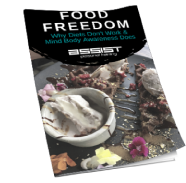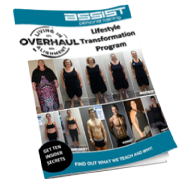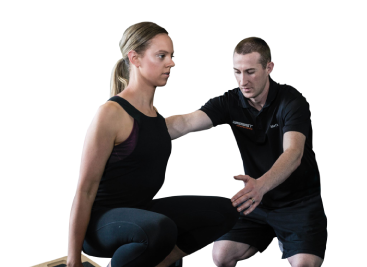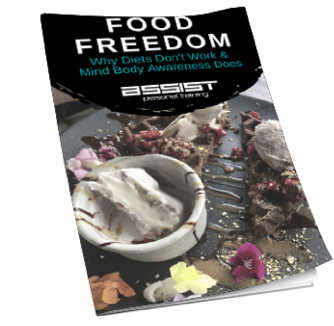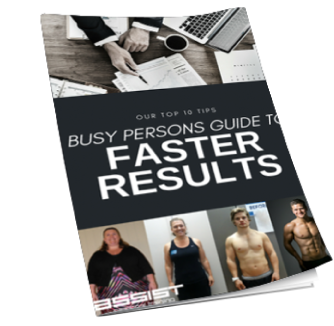
What is a realistic weight loss goal?
How much body fat can I lose in 12 weeks?
These are some of the questions that often run through the minds of those who join us for our 12 week challenge program in Lilydale.
When it comes to setting goals, often there is also an element of confusion and fear. Confusion trying to work out what is a realistic goal to set and the fear of failure, which can often stop us from setting a great goal to start with. The answer to these questions depends on many factors.
How to set great goals!
S.M.A.R.T goal setting is a great foundation to create your goals. There are slightly different variations of the acronym which is great as the goals you set may not fit into the typical Specific, Measurable, Achievable, Realistic, Time Based outline. They are:
S – specific, significant
M – measurable, meaningful, motivational
A – achievable, agreed upon, attainable, acceptable, action-oriented
R – realistic, relevant, reasonable, rewarding, results-oriented
T – time-based, time-bound, timely, tangible, trackable
This article will be taking a deeper look into what’s achievable and what’s realistic when it comes to setting your goals but the questions you do want to be asking yourself when setting your goals is:
“Am I willing, able and ready to commit?” and if not, break your goals down so they are based around the lifestyle you need to lead to achieve that weight loss.
Setting realistic and achievable goals
Yes, there’s a balancing act that comes with setting realistic and achievable goals. You don’t want to play it so safe that your goal is not inspiring enough to make you want to change. On the other hand, you don’t want fear of failure stopping you from setting goals that make you a little scared. 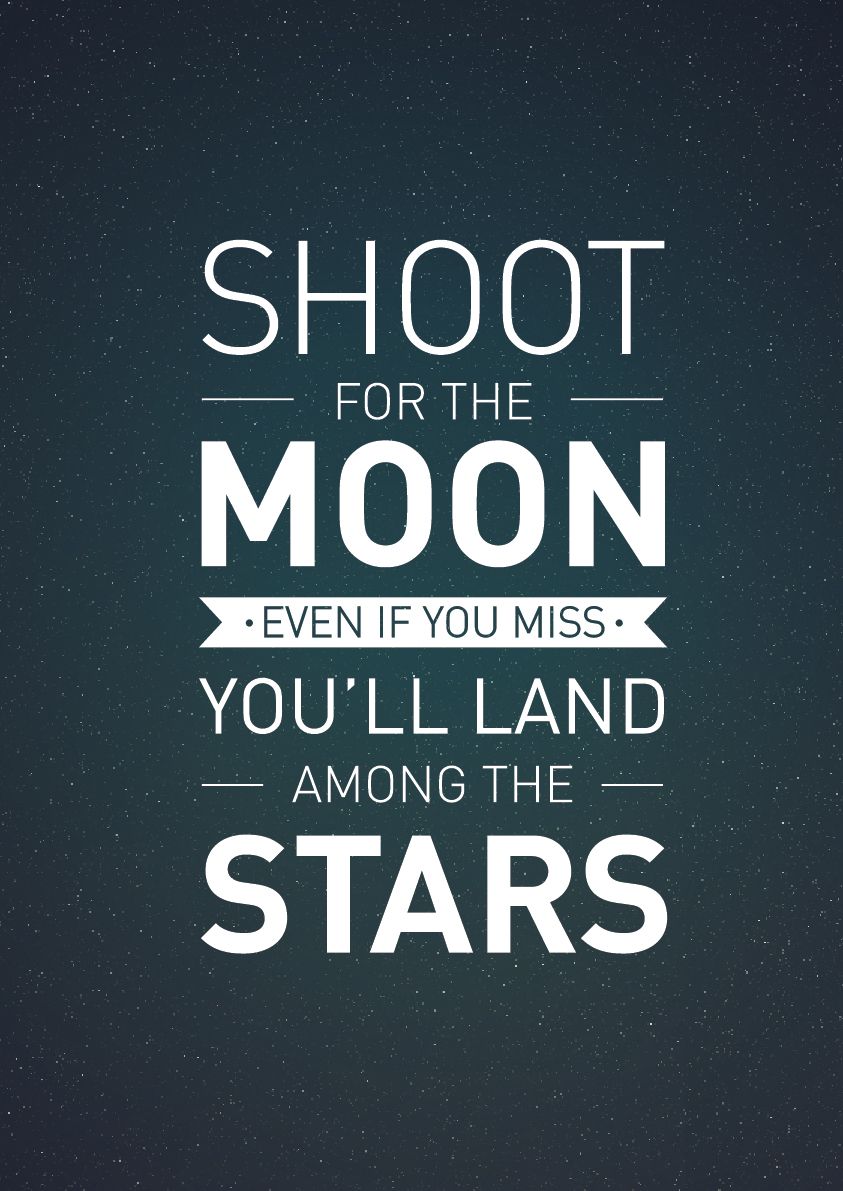
Your goal has to make you a little scared but you know the saying, “plan and prepare or prepare to fail”. If you set yourself a goal based on the principles of S.M.A.R.T then you have most likely planned them out so that you can reach them however, by not setting a goal that scares you, you can remain in your comfort zone.
The most amazing experiences in my life have stemmed from the moments I stepped outside my comfort zone, so set yourself a goal that makes you a little giddy. Have a reminder of what that goal is about and what it means to you. Commit yourself to start behaving like the person who has already achieved the goal you are chasing. The person sporting the six pack abs won’t be found walking out of the bakery with afternoon tea, they’ll be the person who pulls their meal out of their esky disguised as a handbag!
The fear you feel when setting a goal should bring a small (or large) sense of excitement, expansion and growth. Unhealthy fear makes us feel closed, withdrawn, contracted or makes us shut down.
Many clients we work with have goals linked to weight loss. If you set a goal of losing 20kgs over six months but the thought of losing 20kg seems a little out of reach considering the work you need to achieve that goal, why not set your goal around how much plant food you’re willing to commit to eating each day or how much water you need to be getting in instead? And if you did want to lose 20kg but only lost 10kg, is that really something you could classify as a failure? Being 10kgs closer to your goal is still a win and you’ve spent 6 months prepping your body and lifestyle to take those next steps you perhaps weren’t ready or willing to address when you first set out on your journey.
How much body fat can I drop comes down to “is my goal realistic?”
Your goal must take into consideration your constraints on time and resources but don’t forget the reason why you need to be reaching this goal, especially if your health and wellness are dependent upon it! You may have a certain amount of body fat to lose but if you don’t have the time to devote to the right kind or amount of training or the means to change your lifestyle, then it might take longer than 12 weeks to achieve that goal.
When setting goals, take into account how ready, willing and able you are to do the work to achieve your goal. Working with a good coach can help you draw these things out. “I want to lose 12kg of unwanted body fat by (12 weeks time)”
Some things to consider: Do I have 12kg of body fat to lose? If you’re unsure, as an adult, have you been 12kg lighter before? Ask yourself: What am I willing and able to do to ensure I reach that goal? Am I able to overcome all emotional attachments to food so that I just eat non processed foods and follow my nutrition plan? Am I willing to prepare all my meals and ensure all meals I eat are compliant to my plan? Is my body able to do the exercise it takes to reach my goal? Am I willing to do what it takes even when I don’t feel motivated? A dexa scan or body composition assessment with your trainer will determine how much body fat you have to play with based on your body composition percentages.
A common mistake people make is they fill their week with exercise. If you keep this up and your nutrition is not at 93% compliancy, you can start to burn the candle from both ends and cause yourself serious metabolic damage. This is not good for your health and results will be short lived. If you are doing a 12 week challenge, please talk to your trainer about additional exercise outside of your sessions to ensure your transformation is not damaging your health.
Make your goal measurable!
After you’ve set your goal, set some measurable markers along the way. Dropping 10kg of body fat takes action and consistency. Maybe you haven’t dropped 10kg before, the number might excite you or scare you, either way, we want to break it down. By week 6, you might want to book in for another dexa scan or body composition assessment to see if you’re down by 5kg or you might want to track it a little closer and have your body fat reassessed at week 3 to see that you’ve dropped 2.5kg. Suddenly 2.5kg of body fat in 3 weeks doesn’t sound so hard provided you stay on track but thinking about 10kg of body fat if you stay on track for 12 weeks could feel a little daunting if you haven’t broken it down.
Perhaps you can’t get in so often for body fat assessments but you want to track your progress. Maybe go by another form of measurement you can do yourself. If you’re trying to drop weight from your belly then using a tape measure, measure around your body using your belly button as a guide and readjust your goal to be specific to girth measurements. There are other things you can do if your goal is one that is hard to be measured. If your goal is based around a sense of feeling better you could journal out what feeling better means to you and do into depth describing how you feel now so you have something to look back and track progress on. Have markers on how you expect to feel by week 6 and if you are not where you expected to be, reach out for additional help.
What if I don’t reach my goal?
Remember, if you don’t reach your goal, you have not failed but you should be able to see why. Perhaps you didn’t stick to your plan. What can you do going forward to ensure you do stick to your plan better? What other things do you need to address? Nothing is ever a waste of time if you learn the lessons to help you take another step closer toward your goal. Falling short often comes down to not being consistent with the right methods, whether that be with training, preparation, nutrition or compliancy.
Let’s take that 6 month 20kg goal we spoke about earlier. Broken down, you would be aiming to lose 10kg by week 12. Let’s say you only dropped 7.5kg instead of 10kg. Don’t sit in disappointment, instead think about how much body fat you were able to drop in the 12 weeks leading up to you following your new plan? And how much body fat were you able to drop in the last 6 months leading up to now? Think about what you have learnt from the past 12 weeks, how will this help you going forward? These are all questions to help you continue moving forward in your journey.
Don’t be afraid of not achieving your goals but rather appreciate all it has taught you. If you need more information and clarity, we have two services you may be interested in.
If you’re after nutrition and mindset help and support you may like to join us for Breathe Nourish Grow, which comes with a whole lot of information and worksheets that help address all things related to reaching your goals OR you may like to join us for the Goal Setting and Planning workshop! If you have not yet done either of those, you can find out more about our version of a 12 week challenge here and more about our goal setting and planning workshop here. Both of these offers will help you understand everything you need to know on how to set goals you can achieve.

